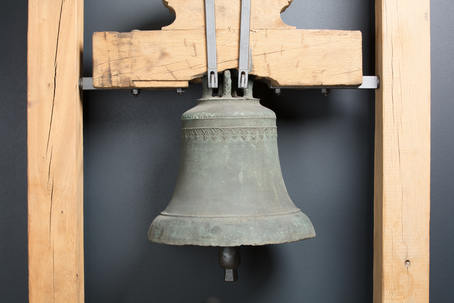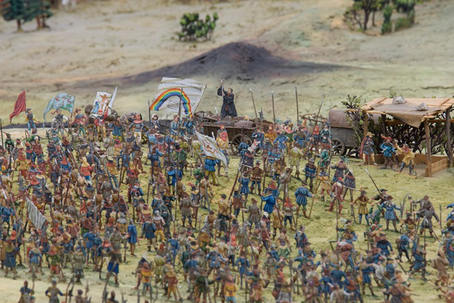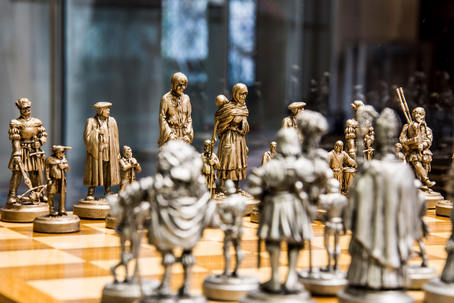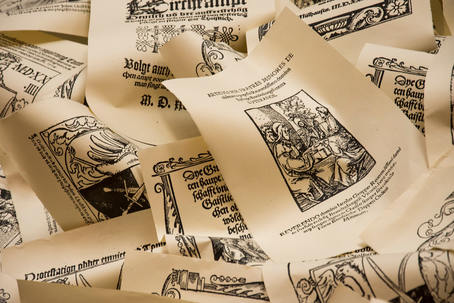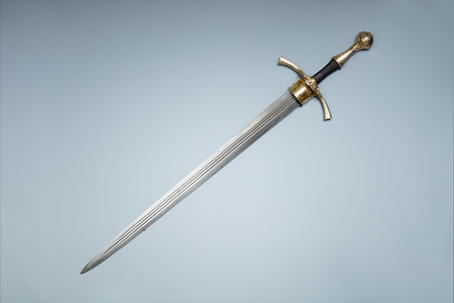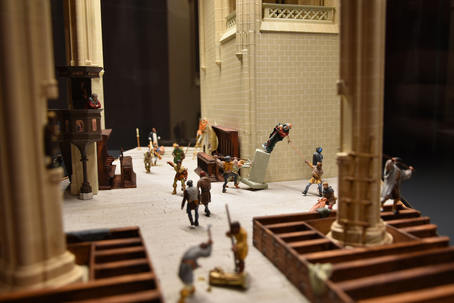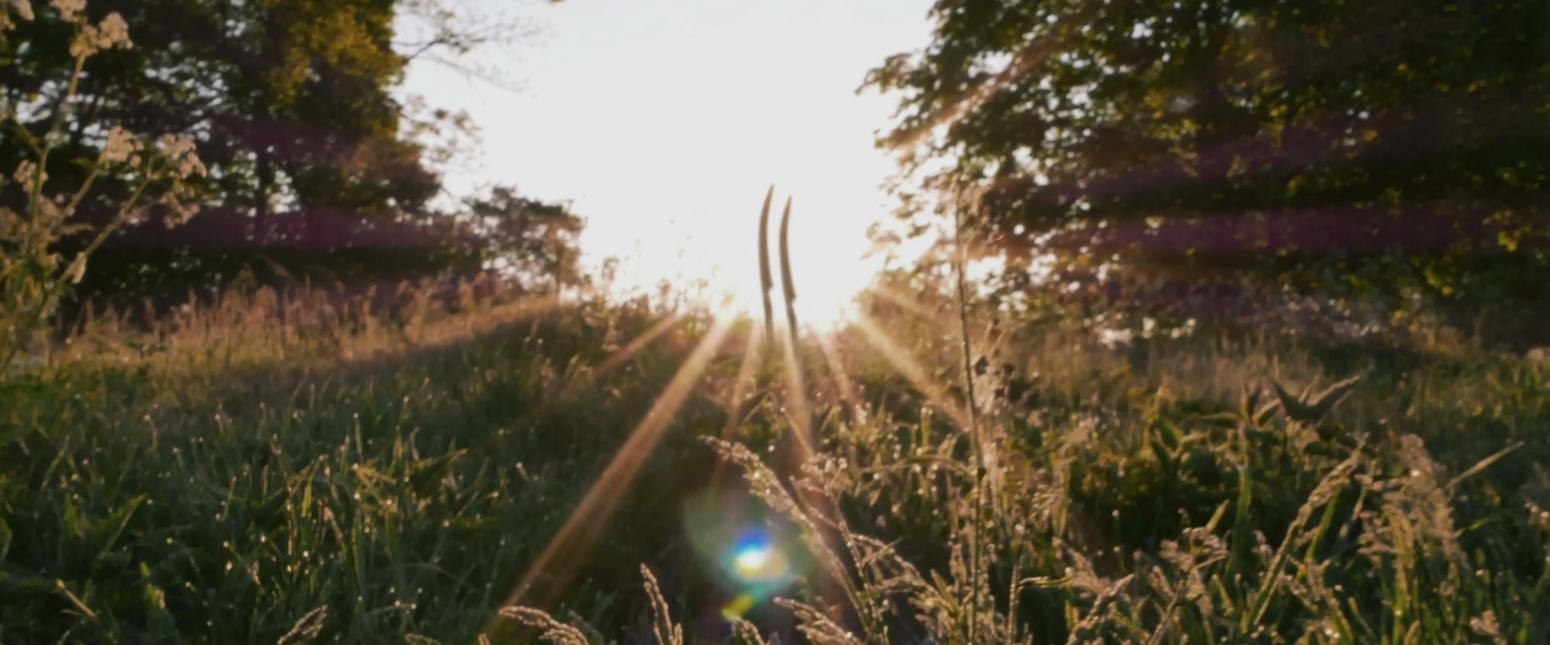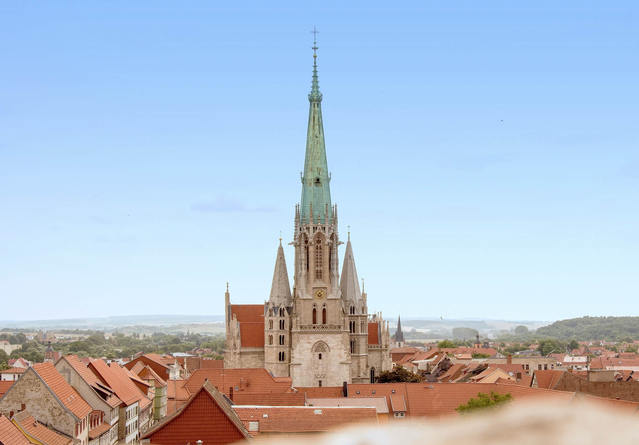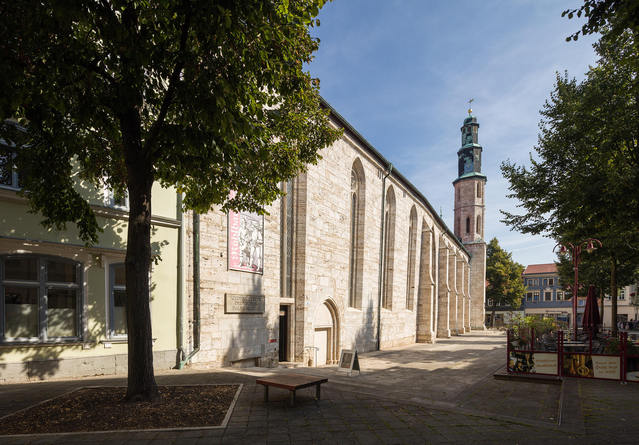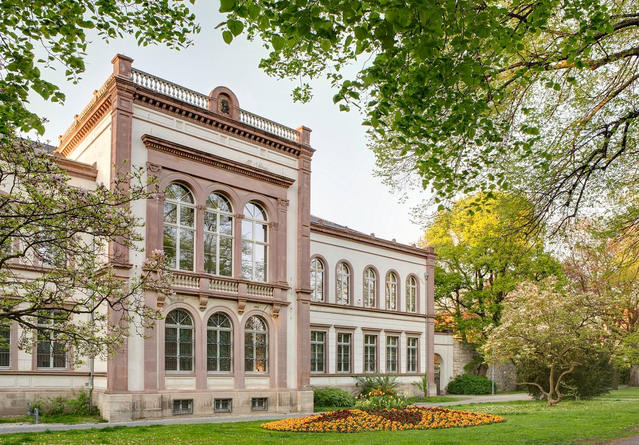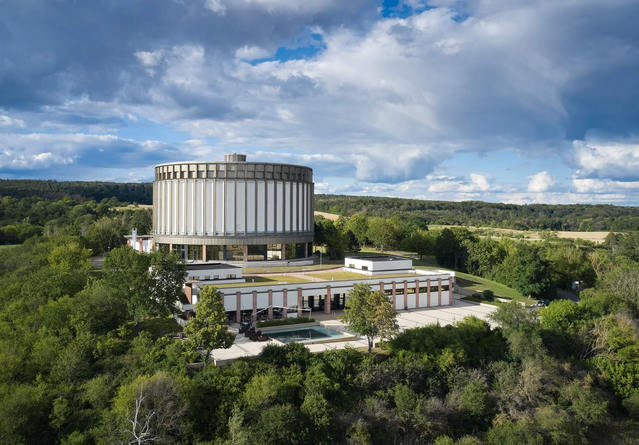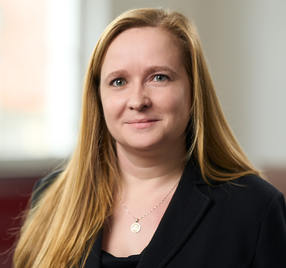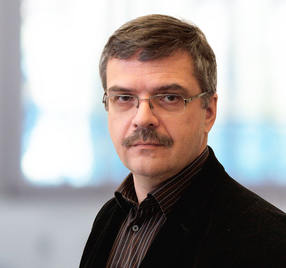The State Exhibition
“It is hard to believe how all the authorities, knights and rulers in all of Germany were so disheartened that even ten peasants without armor were able to occupy an invulnerable castle. - Then it turns around again that a single knight could capture ten peasants.”
With these words the Gotha preacher and reformer Friedrich Myconius (1490-1546) described the turbulent events in the spring of 1525 in retrospect. He summed up the lack of understanding of many of his contemporaries about the seemingly out of joint world. The reason for this was the numerous uprisings, which kept the nobility and church representatives in suspense, especially in the southwest and in the center of Germany. With reference to the writings of the new protestant preachers, regional expressions of legal and social dissatisfaction soon led to a wildfire. The causes of the uprising varied from region to region as much as the social origins of the insurgents themselves. Nevertheless, the unrest became the first liberal movement in German history.
Up until the very recent past, the Peasants' War experienced a wide variety of interpretations and politically motivated instruments. Thuringia was not only the scene of a decisive turning point in the uprising, but also the final place of activity of the radical reformer Thomas Müntzer. For these reasons, the Thuringian state government decided to use the 500th anniversary of the German Peasants' War as an opportunity to host a Thuringian State Exhibition in Mühlhausen and Bad Frankenhausen in 2025.
